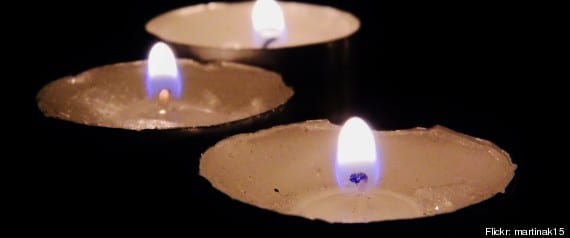Life was moving along pretty well for me—that is until bipolar disorder found its way to my door. From that point on things started to get very difficult. At first I was hit with severe manic episodes only to fall down so low I found myself knocked down with severe bipolar depression. For quite a few years of untreated or undertreated bipolar disorder I would cycle from one mood extreme to the other.
Finally after suffering with many losses both personally and professionally, I began to make progress with my treatment. I made several trips to the doctor and therapist and eventually I found myself with relatively stable moods. Then I began to ask myself the question, “What’s next for me?” Because my life was so interrupted with this often debilitating illness I really wasn’t sure what I was capable of doing and what I was not.
I started on my long recovery journey more than four years ago. Although I have had a couple of major setbacks I have stayed the course and fought very hard for what I consider a full recovery. I am not in the position to work full-time because of the limitations this illness has thrown upon me, but I can work part-time and I feel like this is a major accomplishment.
It took me a long time to be able to uncover the obstacles that were keeping me from a healthy, happy and productive life. There were so many negative things in my head it took a long time to identify what was stopping me from furthering my recovery.
At first glance it seemed that I had done everything possibly I could do to move along the recovery continuum. I was taking my medication as prescribed and working with my doctor to eliminate my symptoms. I was religiously attending therapy and that was helping me with some of my confidence issues. And I was attending a peer support group where I felt understood by others who had truly walked a mile in my shoes.
So, what was missing? Why did I continue to feel this gnawing pain in the pit of my stomach? This emotional mystery kept haunting me on a daily basis. I would find myself going back into the past and wishing for a time “before the illness” when life seemed so much more appealing. Yet logically I knew that it was not a healthy thought process to follow. I so much wanted to stay in the present, but I seemingly could not help myself.
Then, I found information about grieving the losses from a mental illness. Finally it was a solution and an answer to what I had been experiencing. In a nutshell I was grieving and I didn’t realize it. It wasn’t that I was not accepting I had an illness, but it was that bipolar disorder had caused such tremendous losses in my life I had not had a chance to grieve those losses.
It seemed that once I acknowledged that grief was very real, I began to heal. I think sometimes unless you really realize why various emotions keep coming up it’s tough to get a handle on them. I realized that even though I was grieving I was still moving forward with my recovery.
In fact, grieving is a very natural part of the recovery process. No one can tell you how long it should or should not take to heal. In fact, some things may take a life time to heal from and that’s just okay. What I learned is you just can’t forget grief, if you do it will find you anyway.
It’s difficult to cope with something when you don’t have a name for it. I found such solace in knowing it was perfectly normal to grieve my losses. Ever since I was able to focus on that grief, wishing for the past has become more of a memory. I am now able to spend most of my time in the present moment and feel hopeful about my future.

